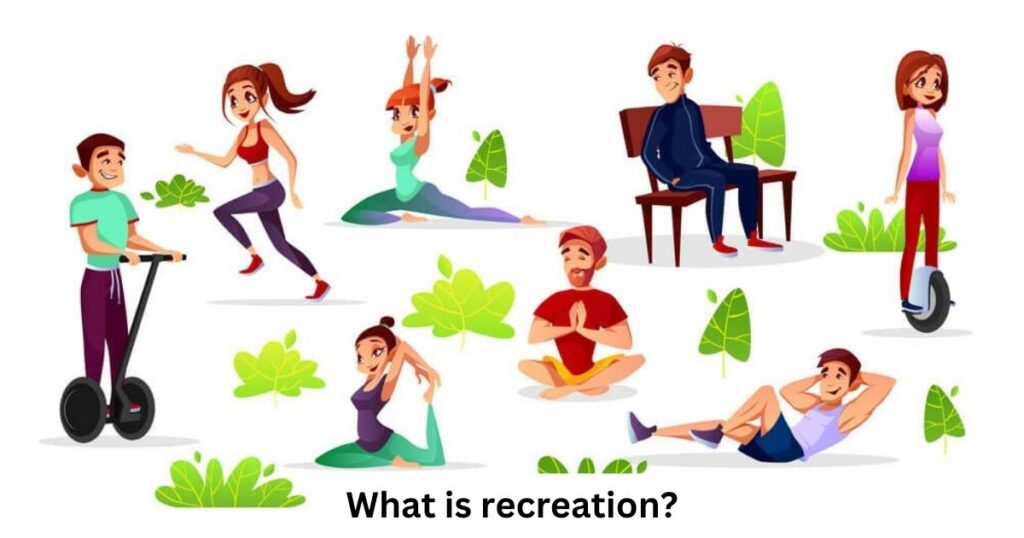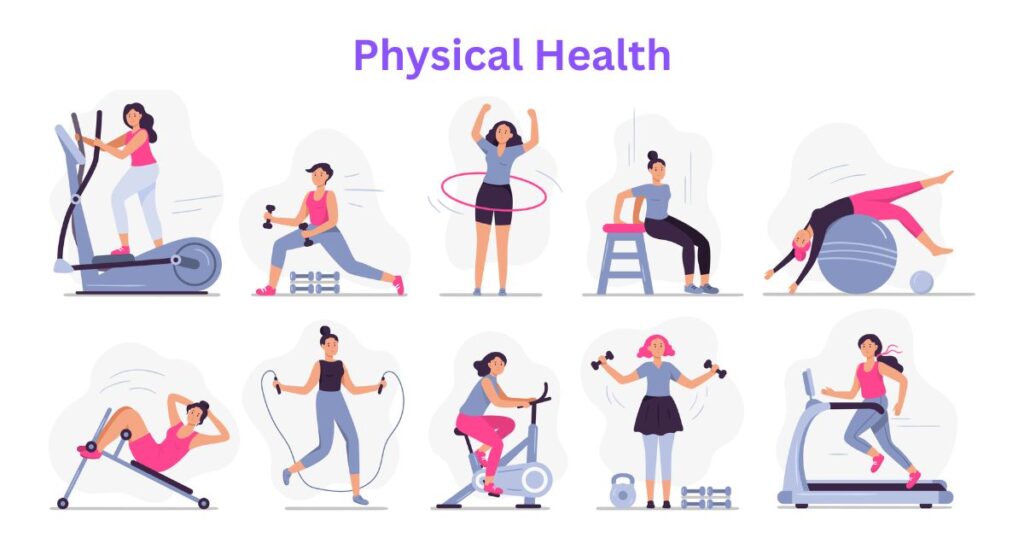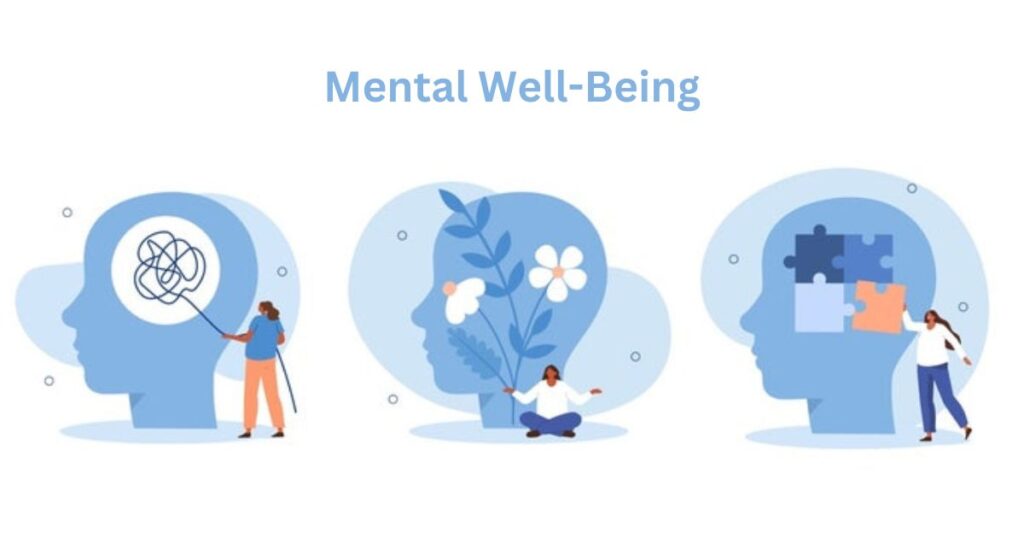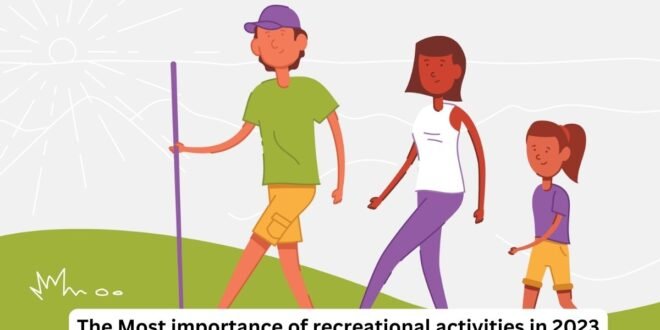The Most importance of recreational activities has never been more noticeable than in today’s fast moving, competitive nature. Today’s students are under immense stress, not only from their own families but also from the wider community, nudging them to invest considerable time in academics and education. Furthermore, with the shift towards smaller nuclear families and both parents often in the workforce, the home’s role as a haven for relaxation and convenience has considerably reduced.
What is recreation?

The role and importance of recreational activities in our lives are paramount, especially in this modern age. Activities chosen willingly during leisure times provide not just pleasure and creative enrichment but are seen as pathways to gain personal or societal values. Engaging in recreation, whether seen as the act of participation or the emotional gratification from it, has profound impacts on our well-being.
Given the contemporary lifestyle where students in higher studies spend significant hours outside home, mingling with college peers for studies and work, educational institutions seem to be the ideal setting for recreational activities. This goes beyond merely adding relaxation to their schedule; it serves as a conduit for students to connect, forge relationships, and establish independence from family ties..
It’s vital to understand the broader effects and necessity of recreational activities in our lives before we delve into their integration into education. Interestingly, current observations indicate that today’s youth may not be as robust, both in physique and emotion, as their predecessors. This has repercussions on their physical, mental, and behavioural wellness, accentuating the importance of recreational activities. All-inclusive research emphasise the benefits of these activities in three core areas: physical health, mental well-being, and life quality enhancement.
Physical Health:

Engaging in recreational pursuits, especially those outdoors, can enhance physical health markers. These include better body fat ratios, improved cholesterol levels, muscle fortification, flexibility, endurance, and stamina. Such improvements not only elevate overall vitality but also sharpen academic focus, attendance, and absorption, because, as the age-old adage goes, “health is wealth”.
Mental Well-Being:

Equally crucial is mental health, which intricately intertwines with physical health. Recreational engagements act as stress buffers, fostering self-care, balance, and self-esteem. This directly counteracts feelings of anxiety or depression. When integrated with academic learning, recreation can also amplify motivation and serve as a real-world application space. It provides an outlet for emotional venting, enhancing emotional resilience and attributes like self-reliance and empathy.
Quality of Life Boost:
According to a study by the American Recreation Coalition in 2000, individuals prioritising recreation tend to be more content with their lives. Recreational endeavours strike a balance between academic rigour and holistic well-being. Its multi-pronged benefits encompass facets like creative self-expression, interpersonal skills, aesthetic appreciation, and even therapeutic properties. Physical activity-based recreation, specifically, rehabilitates eroded physical vigour and paves the way for self-actualization. It offers a lens of optimism and a refreshed life perspective.
Transitioning to its integration into educational curricula, it’s evident that today’s youth have limited interaction with nature, leading to sensory and psychological deficits. The responsibility, therefore, lies with guardians, educational entities, and policymakers to embed recreational practices within academic structures. If domestic avenues are dwindling, the academic space, where most of their time is anchored, should be leveraged. Here’s how recreational inclusion can be educationally enriching:
- Outdoor activities amplify enthusiasm and motivation compared to confined classroom settings.
- They promote conversation, team unity, and collaborative problem-solving.
- Direct experiences in varied settings bolster memory retention.
- Hands-on experiences in diverse environments enhance memory preservation.
- Positive growth is amplified as students undertake leadership positions, question standards, and embrace accountability..
In simple terms, fun activities are more than just time-pass; they help us grow in every way—physically, mentally, and emotionally. They show folks how to use their knowledge rightly and efficiently. Beyond just classroom learning, these activities offer hands-on skills, help us develop in many ways, and guide us to improved life directions.




